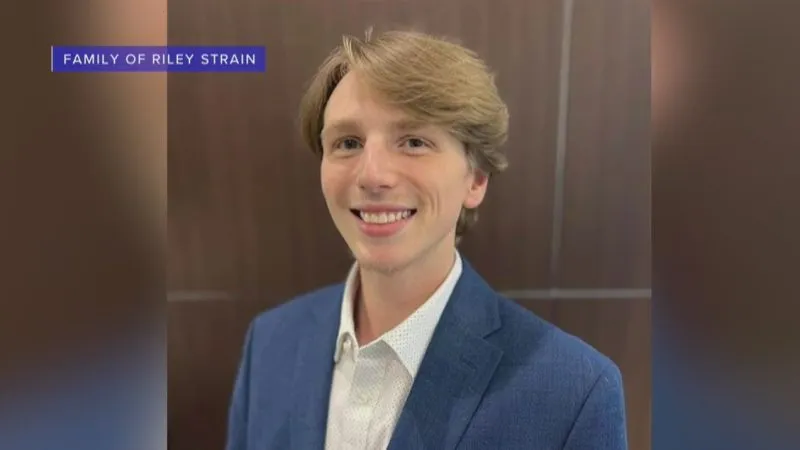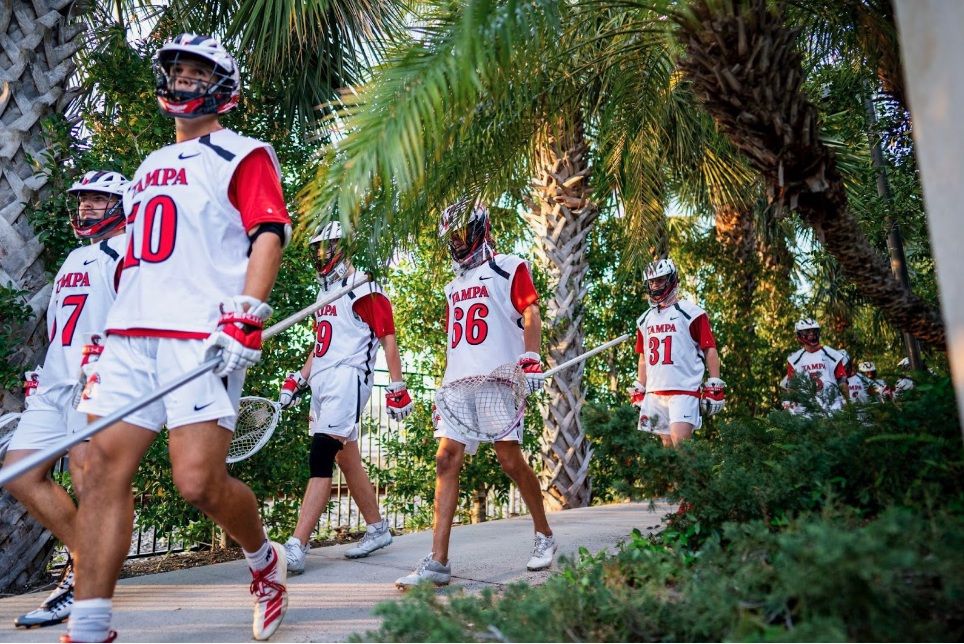By KIANA HUGHES
After a choking incident occurred in Vaughn Dining hall in January, some members of the university community are asking an important question: Who is responsible for saving someone in the event of a choking or other medical emergency?
Freshman political science and pre-law major Julia Lienhard was saved by her former roommate, freshman chemistry major Damez Elberg, who performed the Heimlich Maneuver on her after a large chunk of steak became lodged in her throat at Ultimate Dining.
“It was one of the scariest experiences of my life,” Lienhard said. “I did not know what was happening to me.”
Elberg said that she had completed a CPR and first aid training course last year as a babysitting prerequisite, and that’s how she learned to perform the Heimlich Maneuver.
Elberg said that even though she was not completely confident in her skills, she wasn’t sure if many others would have responded as quickly or as forcefully as she did.
“I was grateful to have been able to save my friend,” Elberg said. “I don’t know if she would have died without me or anything, but God definitely knew what he was doing when he had me and her going to dinner together that night.”
Lienhard said that many of the students who did see the incident were staring and appeared just as scared and confused as she was. But no other bystanders attempted to help. According to Lienhard, many students debated whether to call an ambulance, but nobody ever did.
“If my roommate would not have been there I probably would have died,” Lienhard said.
According to Gordon Moskowitz, psychology professor at Lehigh University, the behavior of students standing around and staring during a serious emergency rather than intervening is explained by the bystander effect.
“Often, to help people disambiguate the uncertain situation, they look to others in their environment for a social cue about how to label the event,” Moskowitz said. “The problem is, that if there is uncertainty, most people in the situation will be looking around for the same cues, and the result is a bunch of confused people staring at one another for a signal about what is happening and hence what is appropriate to do in response.”
Due to concerns of interfering inappropriately, most people will not intervene during an emergency unless they are confident that they are needed, according to Moskowitz.
According to Florida Statute 509.213 section one, “Every public food service establishment shall post a sign which illustrates and describes the Heimlich Maneuver procedure…. [and] shall be responsible for familiarizing its employees with the method of rendering such first aid…[However,] This section shall not be construed to impose upon a public food service establishment or employee thereof a legal duty to render such emergency assistance, and any such establishment or employee shall not be held liable for any civil damages.”
“A public food establishment is a building… where food is prepared, served, or sold for consumption at or near the establishment or as take out…” according to the Florida Department of Business and Professional Regulation’s website.
“The public is welcome to come and pay at any of the dining locations, including The Ultimate Dining..” said, UT’s Campus Executive Chef, Michael DeBose. “All food areas follow the state laws for food establishments and are inspected by the health inspector on a regular basis.”
After 52 students were interviewed by The Minaret in Vaughn’s lobby, 39 of them said they believed that the dining staff should be responsible for saving their lives in case of an emergency. Freshman sports management major Aayan Ghimire said, “If I was choking in a dining hall on campus, I would expect anyone to save me but mainly staff because they are more trained, so they should be able to help.” The fact that Florida state law says employees have no “legal duty” to intervene in such situations and must only be “familiarized” with training shows a conflict between state law and student expectations.
Choking is the fourth-leading cause of accidental death in the United States, according to the National Safety Council. After Lienhard’s experience, she was desperate to know how her situation could have ended differently if Elberg was not there.
Kamil Honein, food service manager at the UT, said that there are always at least two dining managers and two supervisors on duty who have received proper emergency training.
“All staff is provided with easy access to a first aid kit located in the kitchen to treat any immediate injuries,” Honein said.
Honein also said there is a monthly mandatory meeting for employees to discuss safety topics such as first aid and the protective personal equipment required in case of an emergency.
Of the 52 students who were interviewed by The Minaret for this article, 31 of them who regularly eat at the dining hall said they would not be able to confidently provide emergency aid such as the Heimlich maneuver and 36 of the students agreed that they would feel more confident in providing emergency aid if there were graphics displayed throughout the dining halls, accessible to students, demonstrating how to provide emergency aid. Ghimire said, “Even though I have learned a little bit of CPR and first aid training, I have never experienced an emergency, so I do not think I would be able to confidently provide CPR and/or first aid, but I would definitely try.” Ghimire also said that a “CPR training activity should be mandatory in freshman seminar classes so they know what to do in case of an emergency.”
Honein said that there are always at least four staff members on duty who are safety trained. According to DeBose, there are about 400 seats for students and/ or customers in the Ultimate Dining Hall.
Clinical death is defined by the Oxford Dictionary as the cessation of blood circulation and breathing. Brain activity completely stops within 20 to 30 seconds at the onset of clinical death, according to a study on The University of South Hampton’s website.
After four to six minutes of oxygen depletion, the brain begins to die, which can cause severe brain damage or death, according to the MedLinePlus website. However, the life of the victim can potentially be saved if proper emergency aid is provided within 10 minutes.
After as little as 10 minutes of oxygen depletion, irreversible brain death occurs; the doctor will formally declare that the victim is dead, according to the National Center for Biotechnology Information website.
“Posters demonstrating the proper techniques to complete [safety] maneuvers are displayed throughout the unit and accessible to all staff,” Honein said. “The posters are present and displayed in the back of the house.”
Students or staff may unknowingly become the de facto medical staff in an emergency with few or no seconds to spare. However, there are no posters displayed in the front of the Vaughn dining hall demonstrating how to provide emergency aid.
Lienhard said that after her traumatizing experience, she would feel more comfortable and that safety for all students and staff members could potentially increase if three things happened: students had access to the informational emergency posters, more staff members in the dining hall were provided with emergency training, and if awareness was spread regarding the facts of who is responsible for saving lives and who is not.
Honein remains confident in the Dining Services staff’s ability to react appropriately in a choking emergency.
“I am confident that our staff, who are required to attend our monthly mandatory safety meetings, will know how to react in an urgent manner to deal with an emergency on premises,” Honein said.
Kiana Hughes can be reached at kiana.hughes@spartans.ut.edu.




